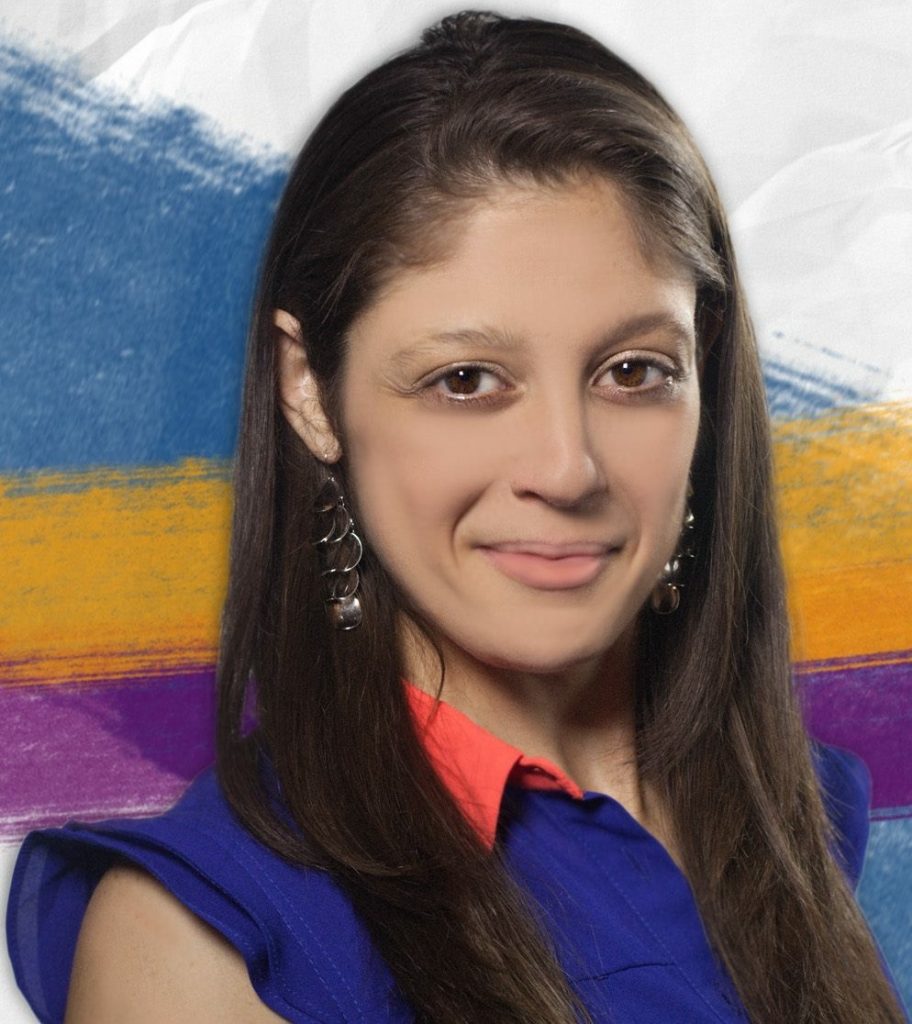Surviving the holidays when you have an eating disorder is not always easy. If you are like many of my clients, you are so not looking forward to the holiday parties, events, dinners, and plans.
For most, this is overwhelming because you know there will be food involved and fear is what causes you anxiety. You are worried that people will judge what you are eating, make comments about your body, or someone will say something to upset you.
Not all families are supportive and spending time with family members can cause stress, upset, and anxiety. I have some tips to help you survive the holidays if you have an eating disorder.
Let me start by saying that this should not replace therapy. There are different types of eating disorders and each one is different. Also each individual is different and I cannot speak to the specifics of each eating disorder or individual. Rather, this guide is to serve as a guide for some tips to help you during this holiday season.
1. Build your support system. Identify a supportive friend or family member who will be attending events and parties with you. Let them know you are struggling with an eating disorder and you want their help. Let them know that you may need them to help you manage a difficult interaction with someone or a family member. Perhaps they can help you get out of a conversation.
2. Allow your support to help you eat. They are going to be your guide. It does not have to be perfect here. Rather know that what they eat is also OK for you to eat. Your eating disorder causes you to doubt yourself and how to feed yourself, so rely on your support to be your dose of reality during these holiday meals.
3. There are no rules for eating. Know that you can eat what you want. You can portion what you want. It can be really hard to know what food to eat and how much food to eat. Following someone else can help you get through the meal, but you also have the right to not eat what they eat. Use others at the meal to help pace you while you eat. Use conversation to help you remain mindful during holiday eating.
4. Have a plan. Speak to your therapist and your dietician and have a plan for what to eat at the meal. Know how to handle your anxiety and still eat. Know what to do should a family member become critical, judgmental, and upsetting to you. A plan will help you feel in charge, and although you cannot plan for everything, it will help you feel like you know how to respond when things get challenging.
5. Know that all foods are OK. There are no rules for which foods to eat and which foods to avoid. All foods fit. Write this down if you need to. Perhaps a list of positive affirmations can help you get through the meal.
6. Remember that your eating disorder is a liar. It is going to lie to you about your body, about the food, and about the others you are with. It is going to convince you of some really upsetting things. Know your eating disorder is lying to you to keep you sick. Work with your treatment team to learn the difference between eating disorder thoughts and your own recovery thoughts, and have a plan to challenge those eating disorder thoughts.
7. Do not follow any diet, fitness, or weight loss sites, pages, or individuals during this time. Go ahead and remove notifications and possibly unfollow these social media outlets. There is going to be a lot of diet talk and weight loss talk during the holidays and these sites will trigger you. If you can unfollow them you will be setting yourself up for success during your holiday parties, events, and meals.
Do what you can to enjoy this time. Spend time with friends and loved ones who truly support you and try to understand what you are going through. This time of the year can be tough, but it can also be joyful and powerful in your recovery.
The most important thing you can do is reach out to your support and let them know what you need from them to help you. If you don’t know, that is OK; just reaching out is oftentimes the biggest and best step you can take.
Dr. Stephanie Waitt specializes in treating eating disorders at her practice, Texoma Specialty Counseling, and is also an online body image and self esteem coach. In her work, she aims to help young people find balance, peace, confidence, and happiness with their bodies, relationships, and life. She emphasizes the importance of self-care and encourages people that being a little selfish is a really good thing.






